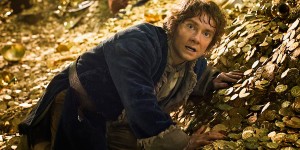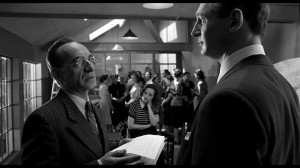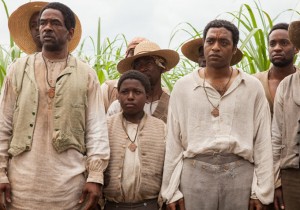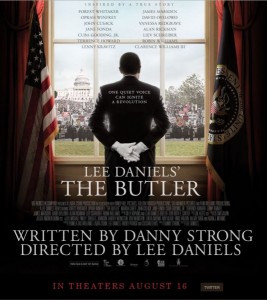The Legend of Hercules
Posted on January 9, 2014 at 11:20 pm
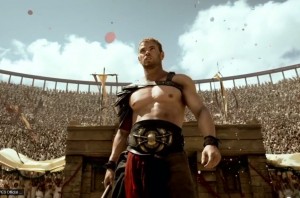 Director Renny Harlin has made a Hercules epic with drab, washed-out cinematography, poorly staged action scenes, incompetent acting, bad hair, terrible computer effects, and dialogue that lands more heavily than the title character’s punch. Even at just over 90 minutes it feels much too long. Harlin is way too fond of halting the acting with a slo-mo pause or freeze frame. By the last half hour it was worse than repetitive; it was an infuriating tactic for prolonging the end of the film. Talk about adding insult to injury.
Director Renny Harlin has made a Hercules epic with drab, washed-out cinematography, poorly staged action scenes, incompetent acting, bad hair, terrible computer effects, and dialogue that lands more heavily than the title character’s punch. Even at just over 90 minutes it feels much too long. Harlin is way too fond of halting the acting with a slo-mo pause or freeze frame. By the last half hour it was worse than repetitive; it was an infuriating tactic for prolonging the end of the film. Talk about adding insult to injury.
In the first of two 3D Hercules movies scheduled for 2014, “Twilight” hottie Kellan Lutz plays the legendary strong man. Instead of sticking with the perfectly good Labors of Hercules storyline that has captivated audiences for thousands of years, this movie goes straight for the generic sword and sandal epic — there’s the Tessarakonteres with galley slaves whipped to row harder, the battle scenes with soldiers wielding swords and shields, the combat to the death in an arena with thousands of the least persuasive computer-generated audience members ever. There’s some argle bargle about whether our hero will accept his destiny and there’s a love story. There’s even, heaven help us, a going into battle pep talk so beyond Lutz’s capacity that he sounds less like a demigod than like he’s ordering a round of beers for the fellows.
Hercules is the son of Queen Alcmene and Zeus, the leader of the gods. Alcmene has already had a son with her husband, the cruel despot King Amphitryon (Scott Adkins). She prays to Hera for help, and the goddess gives her permission for her husband, Zeus, to give Alcmene another son, who will be half-god and will bring peace back to the kingdom. Amphitryon knows the boy is not his.
We skip ahead 20 years to see Hercules (Lutz) frolicking with the beautiful blonde Princess Hebe (Gaia Weiss). They are in love, but she is pledged to his angry and jealous half-brother, the heir to the throne. Soon, Hercules is sent away on a mission that will turn out to be a trap. He is taken prisoner, sold into slavery, and forced into gladiator-style combat to the death.
The actors were cast for their muscles and fighting skills rather than their acting. That would not be so bad except that they are called upon to spout clunky dialogue in fake — and highly variable — English theater-style accents. But what really takes all the air out of this balloon is its very premise. If Hercules has super-powers and the protection of his Olympian father, it dissipates any dramatic tension or sense of genuine peril. And when the crowd goes wild and starts yelling “Hercules! Hercules!” it is impossible not to think of Eddie Murphy, and wish he would show up to pick up the pace.
Parents should know that this movie includes sword and sandal-style epic action with a extensive fighting and battles, characters injured and killed, also murder and attempted suicide, sexual situation and some sexual references.
Family discussion: Why did Hercules resist his destiny? Why did he give up his special powers for the final battle?
If you like this, try: the original “Clash of the Titans” and Russell Crowe’s “Gladiator”

